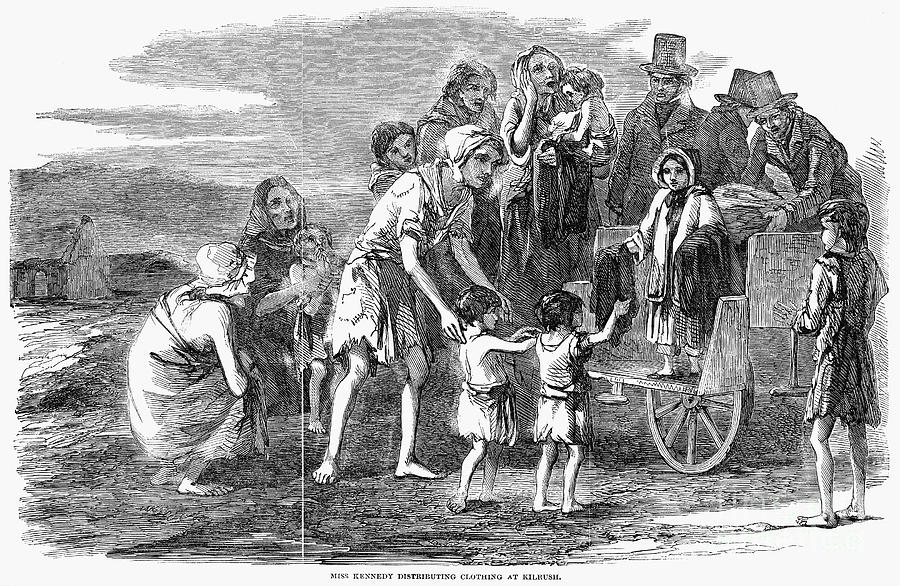Susan Campbell
Stowe Center trustee, Author
Susan Campbell is a Stowe Center trustee and award-winning author of Dating Jesus, and the biography, Tempest-Tossed: The Spirit of Isabella Beecher Hooker.For more than a quarter-century, she was a columnist at the Hartford Courant, where her work was recognized by the National Women's Political Caucus, New England Associated Press News Executives, the Society for Professional Journalists, the American Association of Sunday and Feature Editors, the National Society of Newspaper Columnists, and the Sunday Magazine Editors Association. Her column about the shootings at lottery headquarters in March 1998 was part of The Courant's Pulitzer Prize-winning coverage.
The mother of two adult sons, and the grandmother of seven, she has a bachelor's degree from University of Maryland, and a master's degree from Hartford Seminary, and she lives in Connecticut with her husband.
Carolyn Treiss
Executive Director of the Permanent Commission on the Status of Women
As Executive Director, Carolyn Treiss is responsible for administration, major strategic initiatives, budgeting, and mandate compliance, and is the Commission’s main liaison to other State agencies and branches of government. Treiss, who holds a J.D. from the University of Connecticut School of Law, an M.S.W. from the University of Connecticut School of Social Work and a B.A. in political science and Russian from Bates College, brings to the PCSW a background in public policy, social services and grassroots advocacy. Her passion for women’s rights activism was sparked after college as a volunteer for NARAL Pro-Choice CT, and her commitment to women’s rights issues grew during a graduate school internship in which she advocated in the Connecticut General Assembly for victims of sexual assault. Since then, Treiss has served as director of NARAL Pro-Choice CT, Chief of Staff at the Office of Health Care Access, Legislative Program Manager for the Department of Social Services, and most recently as Policy Director for the Connecticut Senate Democratic Caucus. Believing in public service to her community, she has served on both her local Town Council and Board of Education. As a mother of two school-aged sons, she is committed to teaching her boys about the breadth and depth of women’s roles at home, in the workplace and in the community.
Student, University of Hartford
Kyle Turner is freelance writer, editor, and full time student. He's the chief editor of Movie Mezzanine's blog, The Balcony. He began writing on the internet in 2007 with his blog The Movie Scene. Since then, he has contributed to TheBlackMaria.org, Film School Rejects, Under the Radar, and IndieWire's /Bent. He is studying cinema at the University of Hartford in Connecticut.
Kyle Turner is freelance writer, editor, and full time student. He's the chief editor of Movie Mezzanine's blog, The Balcony. He began writing on the internet in 2007 with his blog The Movie Scene. Since then, he has contributed to TheBlackMaria.org, Film School Rejects, Under the Radar, and IndieWire's /Bent. He is studying cinema at the University of Hartford in Connecticut.





